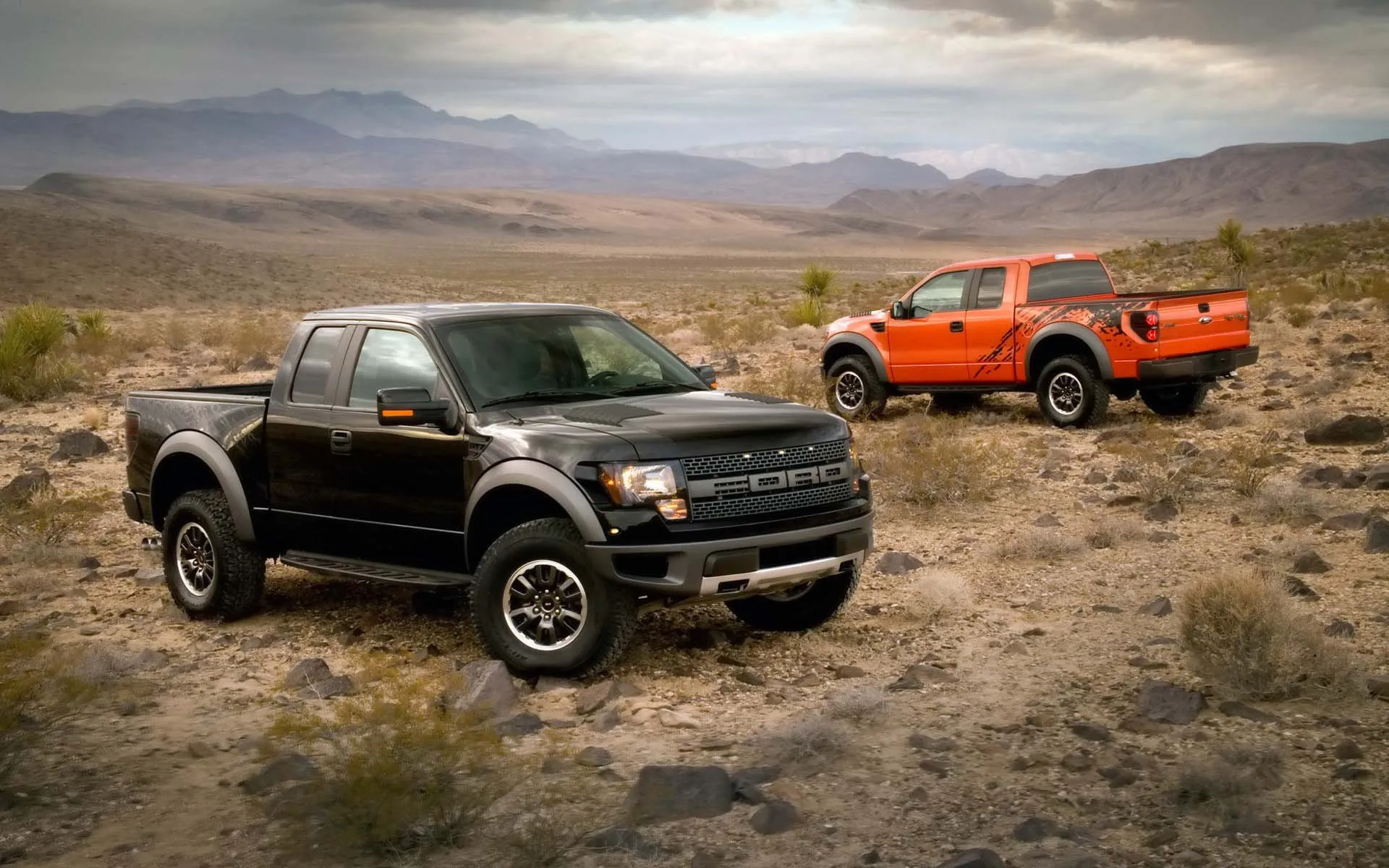SSDs are usually used in expensive computers like the Ars God Box and the MacBook Air, but SSD vendor RunCore's CES display points out that they can revitalize older computers as well. Several older computers were demoed sporting shiny new SSDs and running Windows 7 like champions. And maybe, some time this decade, that upgrade strategy might become cost-effective.

An ancient Dell Pentium M laptop with a RunCore SSD, running Windows 7 like a champ with a WEI score of 1.0, the lowest possible score
The booth contained a number of very old PCs, including a Pentium M laptop and a Celeron-900-based Eee 900, all with RunCore SSDs inside, running Windows 7. Their Windows Experience Indices were all low, hobbled by antique processors, small memory, and slow integrated GPUs. But they were responsive and quick-feeling thanks to the SSDs inside of them. The Dell Pentium M laptop and the Eee had WEI scores of 1.0 and 2.1, but packed hard disk subscores of 6.8 and higher.
For this to be a cost-effective upgrade, the cost of the SSD has to be a fraction of the replacement cost of a new device; no one will drop $200 on an SSD upgrade for an Eee 900 when $380 buys a new Eee 1005PE. RunCore's SSDs start at 16GB for $99 and 32GB for $159, so the upgrade option won't make sense for a lot of users, but MacBook Air owners with the hard disk model will appreciate the upgrade.

An Eee 900, based on a pre-Atom ULV Celeron, packing a 6.8 HDD WEI score.
Of course, the ultimate target for SSD adoption is in new computers, and RunCore, while an underdog in the SSD market next to Intel, Samsung, and others seems to be doing one thing right: focusing on small models at low cost. When the iPod and other PMPs transitioned from HDDs to SSDs, their capacity went way down; the convenience of flash memory trumped extra capacity as users discovered they didn't actually have that much music.
The same story may occur with PCs, but even if not, small SSDs may come to be used as second drives. Laptop chassis are frequently large enough to allow adding a small SSD to use as a boot drive if the laptop were designed that way, and if the cost is low enough, this may be the preferred form of SSD transition for some laptops. In any event, RunCore's demo is a dramatic illustration of the reasons that SSDs are so prized.











No comments:
Post a Comment